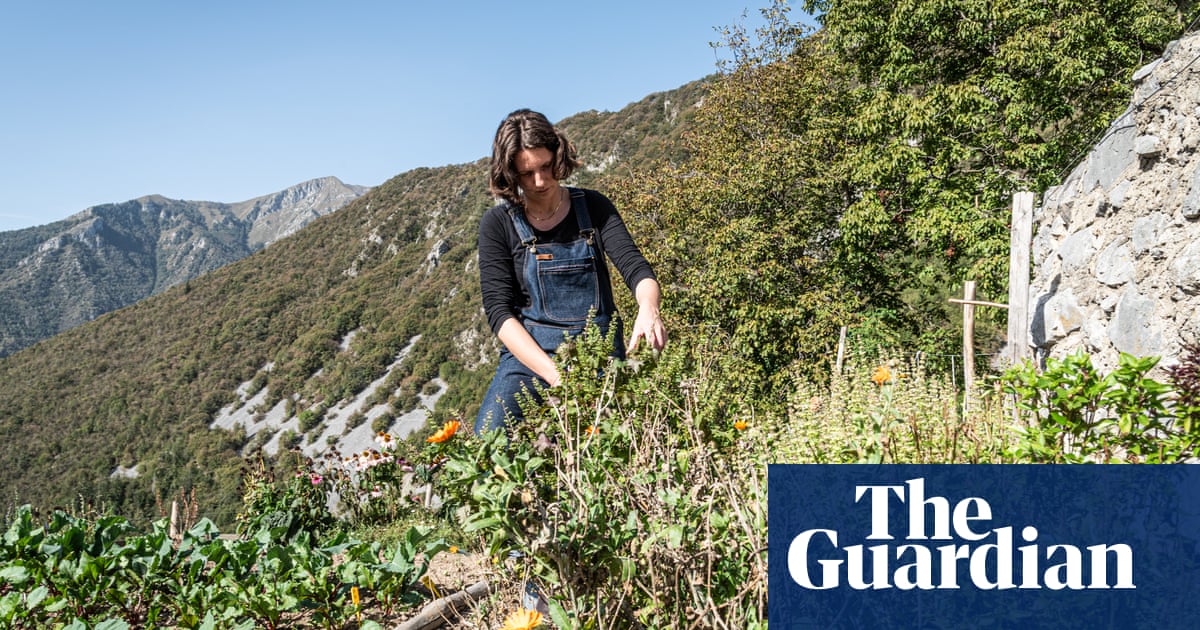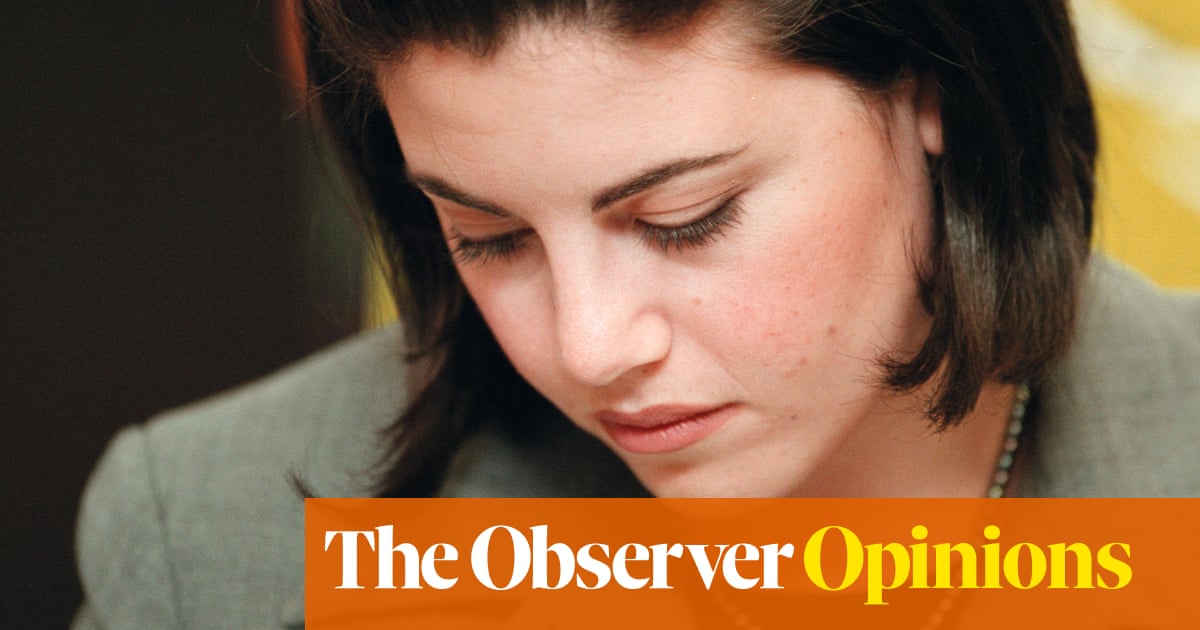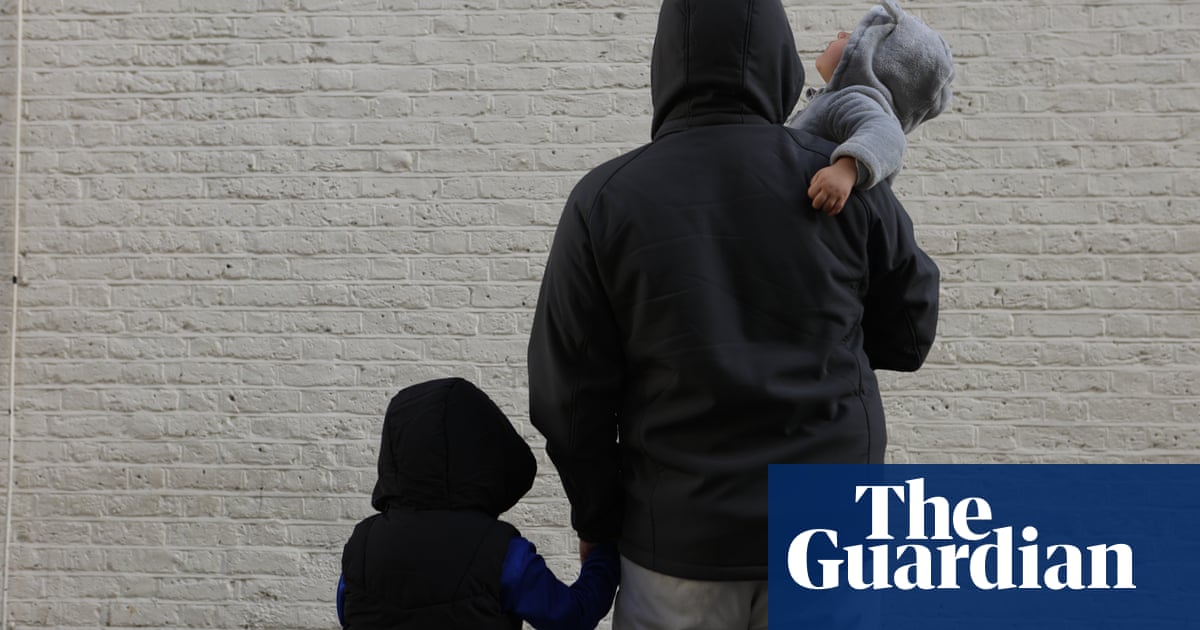
Syrian refugee tailor Mohammed Al-Hassan puts his sewing skills to use making face masks
ROME: Before Syria’s civil war broke out, Mohammed Al-Hassan worked as a tailor. But as the brutal conflict intensified, the 34-year-old was forced to stop work and seek shelter amid the rubble of Aleppo.
Now that Al-Hassan and his family are safe in Sicily after arriving from Lebanon with other asylum-seekers six months ago, he has returned to sewing — not clothes, as he used to do back home, but face masks to protect the local population from the coronavirus.
“For me it is a way to give something back to all the Italian people who generously welcomed me here. In this situation we must be united, and everyone has to do his part to fight the infection. I try to do my part,” he told Arab News.
Last September, Al-Hassan, his wife and three young children arrived in Scicli, a town of 27,000 people on the southern tip of Sicily, and a UNESCO World Heritage Site for its priceless baroque buildings and churches.
The family were among 1,895 asylum-seekers selected in Lebanon since 2016 for Humanitarian Corridors, a resettlement program organized by Italy’s Protestant churches as part of the Mediterranean Hope project.
The program offers a safe, alternative route to otherwise dangerous boat journeys across the central Mediterranean.
After the Hassan family were granted refugee status in December 2019, they were housed in an independent apartment inside a three-story community center, along with 28 other refugees supported by the Federation of Evangelical Churches in Italy.
“In Aleppo, we lost everything — our house, our belongings. But we also lost our dreams and hopes,” Al-Hassan said.
“Here we have a place to stay and have found the serenity that we had lost under the bombs back home,” he added, referring to his new friends and life, and his efforts to learn Italian while he returns to work.
Al-Hassan said that after fighting in Syria forced him to quit his job, “my hands stopped sewing and creating clothes.
“I used them to search for corpses or to drive a car for those who could give me something,” he said.
“From 2012 to 2016, my thoughts were about surviving, looking for food or avoiding getting hurt. My family’s only goal was to stay alive.”
Al-Hassan was also kidnapped by a rebel group and his parents forced to pay a ransom. After his release, he decided to send his family to Lebanon, thinking it would be safer for them there.
However, he stayed on in Syria, where for three long years he searched for survivors buried amid the remains of buildings hit by constant shelling in the city.
When airstrikes on Aleppo intensified in 2016, Al-Hassan finally joined his family in Beirut, where both parents worked for below minimum wage as school custodians until they were resettled in Italy.
He said that Scicli “looked like heaven” when they arrived last September.
However, they had no idea that before long the global coronavirus pandemic — and its burden of hardship and fear — would reach the peaceful town, forcing residents to stay at home and wear masks.
“I was wondering what I could do not only for my friends (in the community center), but also for the whole local community,” Al-Hassan said.
“So I decided to brush up on my old job and start making one of the most requested items these days — face masks.”
With demand and prices for protective masks soaring, Al-Hassan found space in the center’s disused basement and set to work repairing an old sewing machine.
“I cleaned and oiled it so that it could work again, then I got scissors, needles and everything else and began working.”
Now he works tirelessly, making more than 30 masks a day, though it is a far cry from the creative tailoring he was doing back in Aleppo.
“But in the end it is always the same job, cutting and fabrics, reinventing materials,” he said.
“I hope all this will end soon and that people will be able to return to normal life. But until then I will continue to sew masks as long as they are needed by my friends and by the community,” he said.
“In hard times, I learnt that it’s important to support each other.”
Al-Hassan said that restrictions endured during the coronavirus crisis gave people a chance to “reflect on the future.”
Meanwhile, Mediterranean Hope’s charity managers have praised Al-Hassan’s “commitment to writing the future together.”












